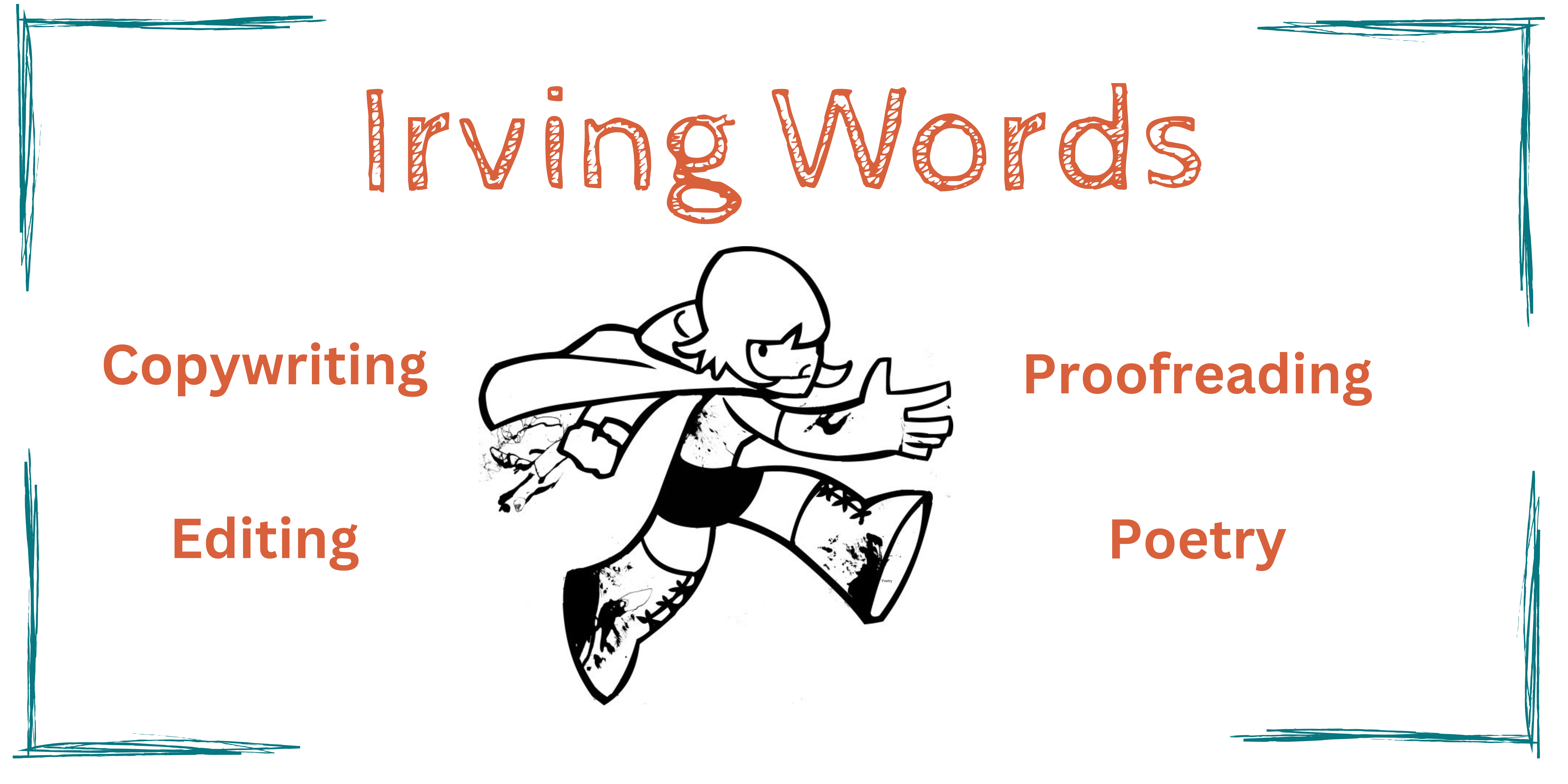Ever looked at a corporate hashtag and thought “Who voluntarily uses that?” The short answer is normally “Someone who wants to win free stuff”. Without such incentives, though, there is a fine art to convincing the denizens of Twitter to take your message to their heart/feed.
Every brand dreams of appearing in the hallowed left-hand Trending column, without paying for the privilege. Major sports and entertainment events are always going to create a buzz, and then there are less predictable trends (‘Smash’, anyone? ‘London’?), which hit the sweet spot by pure serendipity. For the regular Twitter user, following trends that promise no clear reward is about feeling part of a community. One popular trend provides a major opportunity for creativity in marketing.
At any given time, a pun-based game will be trending on Twitter, and more often than not, it will be for little or no reward. The reward for the user comes firstly with the satisfaction of coming up with a good pun and secondly from the acknowledgement of the tweet. Take for example the #RuinAMagazine game trending as I write. It’s not been organised by a company or promoted, but it’s captured the community’s imagination. So much so that it’s extended beyond mere text entries into lavishly Photoshopped images.

A brilliant example of a business embracing these games was the @Foyles #BookGame. Each Thursday, the independent book chain would set a topic and invite users to tweet their best thematic rejigs of book titles. There was a modest prize – books, of course – but the real value came in the kudos and the community. Show off your knowledge of books and your linguistic gymnastics, enjoy the sheer geekery and get your efforts retweeted by a cult bookstore.
The regularity, flexibility and thematic coherence of the game made it hugely popular. Too popular, almost. Foyles faced good-natured outcry when they finally closed it down.

Once Foyles had relinquished #BookGame in 2011, mainstream rivals Waterstones attempted to appropriate it in conjunction with a hard-sell link. Breaking the spell of playing for playing’s sake (and a handful of books), they broke the golden copywriting rule: if someone realises they’re being sold to, they will stop reading. Thankfully, the original #BookGame spirit prevailed and the game was adopted by independent bookshop @PetersBooks, minus the clumsy corporate drive.
The lesson to learn from this is one about human nature. A hashtag that invites engagement works if it requires a little effort and creativity on the part of the reader. This, importantly, is not seen as work or hassle but fun and satisfying. As philosopher Bernard Suits put it, playing a game is “the voluntary attempt to overcome unnecessary obstacles”. Why would we do that? Because we just love a good challenge. As for this particular format, pun games work simply and effectively with Twitter’s short-form restrictions: they’re short, they’re quick and they’re an instant contribution to a community activity. As the old maxim says:

